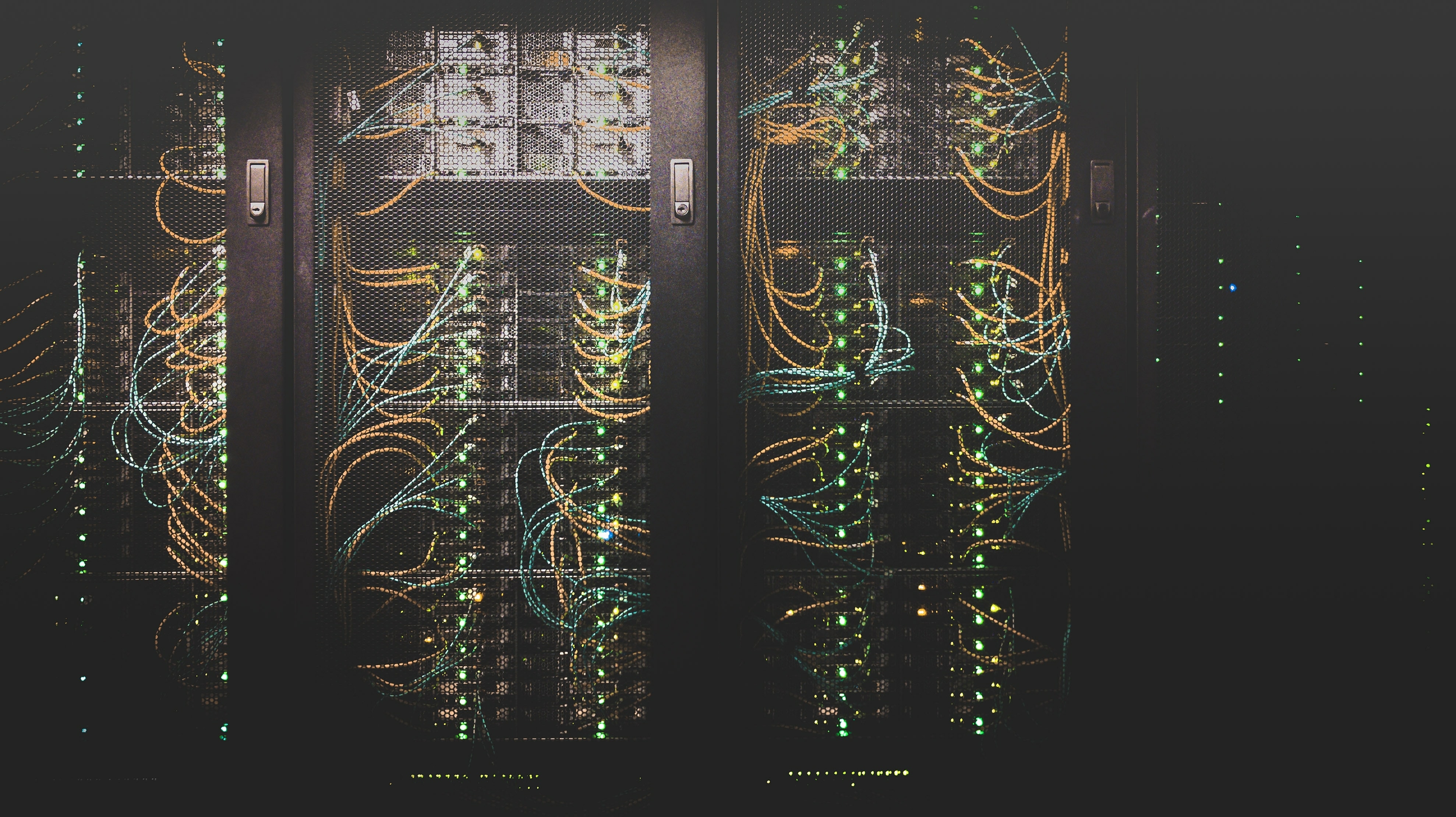
In a world where information is a precious asset, it is essential to have database solutions tailored to your company’s requirements. One of the best solutions when it comes to relational database management system is offered by Microsoft with the SQL Server. Further in this article, you can read more about the differences between the commercial editions of SQL Server - Standard and Enterprise. This article also discusses all the factors you need to consider in order to make the best choice between SQL Server Standard and Enterprise.
Learn more about the new features in SQL Server 2022.
Microsoft SQL Server Standard
SQL Server Standard Edition provides basic data management and business intelligence for small departments and organizations to run applications. The software supports popular on-premises and cloud-based development tools and enables efficient database management with minimal IT resources. This version provides less features and therefore has a lower investment cost compared to SQL Enterprise.
Microsoft SQL Server Enterprise
SQL Server Enterprise is significantly more expensive than the Standard Edition and is generally the best solution for large organizations. The server offers fast, high-performance data center availability, unlimited virtualization, and end-to-end enterprise analytics. SQL Enterprise provides best-in-class support for mission-critical workloads and end-user access to data insights. Below you can find the key features and elements of the two editions of SQL Server.
SQL Server Standard and Enterprise: key features comparison
Scalability limits
When it comes to scalability limits, SQL Server Enterprise offers unlimited storage up to the limits of your operating system. SQL Server Standard, on the other hand, has a number of memory limitations that must be considered when designing database applications. Important to keep in mind when choosing between the two servers is that the Standard edition provides fewer than 4 sockets for 24 cores when it comes to the database engine, analysis services, or reports. Both SQL Standard and Enterprise have a maximum relational database size of 524 PB.
RDBMS High availability, performance, scalability, security, and manageability
When comparing RDBMS High Availability between the two SQL Servers, you may notice that there is a lot of overlapping features. However, you can find the following features exclusively in SQL Enterprise: online page and file restoration, online indexing, online schema changes, fast restore, backup mirroring, and adding "hot" storage and CPUs without having to stop the server or SQL service.
Almost all RDBMS performance and scalability features are available in SQL Enterprise and Standard, except resource manager, partition table parallelism, NUMA-aware memory and memory allocation for large buffer tables, and I/O resource manager.
SQL Server Standard strongly mirrors the security of the Enterprise RDBMS edition, except for extensible key management. While there are some features available only in the Enterprise edition, namely: parallel indexed operations, automatic use of the indexed view by the query optimizer, parallel consistency checking, and SQL Server Utility Checkpoint, SQL Standard also includes many of the same RDBMS management mechanisms.
Replication
Microsoft SQL Standard also comes with many of the same replication features as the Enterprise edition, with the exceptions: of Oracle publishing, point-to-point transactional replication, and transactional replication transactional subscription.
Management and Development Tools
The management and development tools available in the Enterprise edition are exactly the same as in the Standard edition.
Programmability
Almost all of the programming features in SQL Server Enterprise are available in the Standard edition, with the exception of advanced R integration and R server (standalone). This means that even with the Standard edition you can make use of a wide variety of programming options.
Integration services
Basic Integration Services are available in both editions. Advanced sources, destinations, tasks and transformations, are however only available in the Enterprise edition. Additionally, there are other Integration Services features that are not available in the Standard edition, namely: "star join" query optimizations, the scalable configuration of read-only analysis services, parallel query processing on partitioned tables and indexes, and global batch aggregation.
Data extraction
While SQL Server Enterprise Edition supports a wide range of data warehousing features, the Standard Edition only supports standard data extraction tools and algorithms (wizards, editors, queries).
Analytical services
SQL Server Standard does not support scalable shared databases or database synchronization. AlwaysOn Failover Cluster Instances only support two nodes.
Basic data services
Master Data Services attributes are not available in SQL Server Standard. This makes the Enterprise version the best solution for organizations that need advanced data services.
BI semantic model (multidimensional and tabular)
The Standard Edition of SQL Server supports many of the same (multidimensional) business intelligence semantic model features as the Enterprise Edition. Business Intelligence is an important addition to the SQL Server Standard. SQL Standard supports the same table models as the Enterprise Edition, with the exception of perspectives, multiple partitions, and DirectQuery storage modes.
Power Pivot for SharePoint SQL Server Standard
SQL Server Standard does not support Power Pivot for SharePoint. Ff this is an important requirement for your organization you may want to consider the Enterprise version of SLQ Server.
Space and location services and additional database services
All features and options for geo and location services and additional database services are the same in both SQL Server Standard and Enterprise.
Conclusion
Purchasing an SQL Enterprise license means unlimited scalability, and higher license costs. This license is designed for companies that need a wide range of engines. SQL Standard, however, offers many of the same features with a few limitations. This server license is designed to provide small(er) businesses with all the tools they need at a lower cost and with fewer IT staff. In case of business growth, you can keep in mind that it is easier to move from the Standard edition to the Enterprise edition.
Buy SQL Server Standard or SQL Server Enterprise
Check out our SQL Server assortment. You can request your SQL Server quotation at Softtrader or fill in the form below and you will receive a tailored offer to your requirements and software needs within 24 hours.
Do you have questions? Contact us!
For more information about which Microsoft software and licenses are best for you, please contact us. We are available from Monday to Friday from 9 a.m. to 5 p.m.











